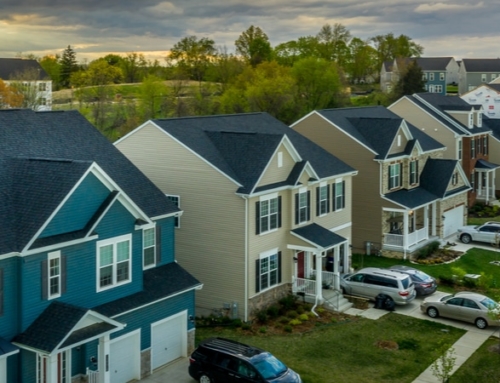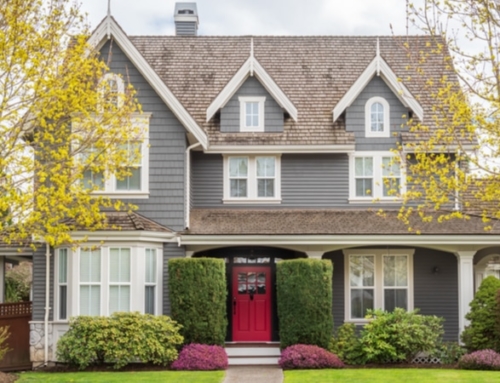Who’s buying houses in America? Increasingly, it’s immigrants and minorities.
If you want to be in the real estate business over the next few decades, it might help to speak a foreign language, particularly Spanish.
That’s because Hispanics are the fastest-growing ethnic group in America, and according to a new survey from the Real Estate Center at Texas A&M University, they have had the least experience with real estate agents and homeownership.
“Real estate agents who conduct business in Spanish have an advantage,” said Gary Maler, the Real Estate Center’s associate director. “Hispanics told researchers that they prefer or need to work with an agent who speaks their own language when engaged in real estate dealings. More than any other ethnic group, Hispanics say they feel uncomfortable handling business transactions in English.”
Oscar Gonzales, president of a Sugar Land, Texas-based real estate consulting group, predicts the number of Hispanics and Asian Americans will triple over the next 50 years.
“Hispanic households are expected to grow about 17 percent, resulting in about 1.5 million new households,” Gonzales said recently at the annual meeting of the National Association of Real Estate Editors in Houston.
“African-American households will grow by 8 percent, adding 1 million new households, and Asian-Americans and other ethnic minorities will grow a total of 17 percent, or about 600,000 new households,” he noted, adding that the U.S. will increasing have a multi-cultural economy reflected in the increased buying power of minorities and immigrants during this century.
Gonzales predicts that by 2007, Hispanics spend nearly $1 trillion, while African-Americans will spend nearly $900 billion and Asians will spend nearly half a billion dollars. He suggests an increasing percentage of that cash could be spent on homeownership. According to Henry Cisneros, former Secretary of Housing and Urban Development (HUD), immigration and the naturally higher birthrates for minorities will reshape the look of America by 2050.
While Caucasians will continue to be the majority in 2050, the demographics will shift for the under-20 population. At that time, 38.7 percent of those under 20 will be Hispanic and just 25 percent.
But it won’t take nearly that long for additional minorities and immigrants to make their presence felt in housing circles.
“There are fundamental changes going on that are dynamic and important for the housing market,” Cisneros added.
Cisneros said half of the expected 10.9 million new homeowners that will be created from 2000 to 2010 will be minorities.
“Hispanics and Asians are forming a new middle class” in the U.S., Cisneros said. But the number of workers per household is typically higher than two, as extended families live and work together.
Agents and brokers who take the time to understand some of the differences between ethnic minorities and their attitude toward homeownership will be well rewarded.
All home buyers expect the same basic set of real estate services, said the Real Estate Center’s Maler. “The delivery and approach used by an agent should vary depending on many factors including ethnic background.”
Just beware of generalities.
“One step does not fit all,” he warned. “And, individuals within each (ethnic minority) group may not act in lockstep with their peers.”
June 4, 2004.






Leave A Comment